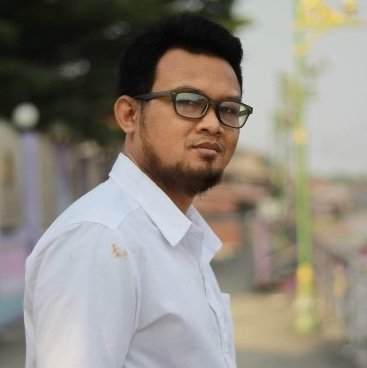On 16 August 2024, the International Commission of Jurists (ICJ) submitted a legal brief (amicus curiae) to the Bangkok Criminal Court, in the context of the proceedings arising from Vietnam’s request to Thailand for the extradition of Y Quynh Bdap, a refugee recognized by the United Nations High Commissioner for Refugees (UNHCR). The stated purpose of the extradition is to have Bdap serve a 10-year prison sentence on “terrorism” charges under Section 299 of Vietnam’s Penal Code, imposed in absentia by the People’s Court of Dak Lak.
His trial and conviction, which several UN independent human rights experts criticized for failing to meet fair trial guarantees under international law, stem from his alleged involvement in the 11 June 2023 attack on police stations in Vietnam’s Dak Lak Province, during which nine people were killed and two seriously injured. Bdap maintains that he was in Thailand at the time and denies any involvement in the attack.
The brief calls on the Court to uphold the principle of non-refoulement, ensuring that Thailand does not extradite a person to another State where there are substantial grounds for believing that the individual would be in danger of serious human rights violations, such as torture or enforced disappearance.
The brief also outlines the overwhelming evidence demonstrating that there are substantial grounds for believing that Bdap would be at risk of torture, other ill-treatment, or other irreparable harm if extradited, in violation of international refugee law, as well as international human rights law obligations and Thai domestic law. This risk stems from his identity, personal circumstances, ethnic background, religious affiliation, and previous predicament in Vietnam, including torture and incommunicado detention, as well as his conviction in absentia. The risks he faces are exacerbated by the widespread use of torture, impunity for its perpetrators, and harassment and violence against minority groups in Vietnam. These factors also indicate a consistent pattern of gross, flagrant, or mass human rights violations, along with a lack of adequate preventive measures in Vietnam, both in law and in practice.
The extradition hearing in this case will be held on 19 and 30 August 2024 at Bangkok Criminal Court.
The submission in English can be downloaded here.
The Thai translation of the submission can be downloaded here.
Background
The non-refoulement principle is expressly guaranteed under various international human rights law treaties binding on Thailand, including the Convention against Torture and Other Cruel, Inhuman or Degrading Treatment or Punishment and the International Convention for the Protection of All Persons from Enforced Disappearance.
Protection against refoulement entails an obligation on the part of a State not to expel, transfer, return (refouler), surrender or extradite people to another State or territory where there are substantial grounds for believing that they would face a real risk of serious human rights violations – such as torture or other cruel, inhuman or degrading treatment or punishment or enforced disappearance.
The non-refoulement principle is also explicitly enshrined in Thai law under section 13 of the Prevention and Suppression of Torture and Enforced Disappearance Act B.E. 2565 (2022), which states: “No government organizations or public officials shall expel, deport, or extradite a person to another state where there are substantial grounds for believing that the person would be in danger of torture, cruel, inhuman, or degrading treatment, or enforced disappearance.”
The extradition proceedings against Bdap were initiated following a request made by Vietnam, through the Embassy of the Socialist Republic of Vietnam in Thailand.
Bdap, who has been residing in Thailand since 2018, was recognized as a refugee by the UNHCR. Since then, he has been awaiting resettlement to a third country.
Bdap is a member of the Ê Đê (Montagnard) ethnic minority from the Central Highlands of Vietnam, a member of the Christian minority, and a founder of the organization Montagnards Stand for Justice (MSFJ), which advocates for the indigenous rights of Montagnards in Vietnam.
Contact
Melissa Upreti, Regional Director for Asia and the Pacific Programme, e: melissa.upreti@icj.org
Sanhawan Srisod, Associate International Legal Adviser, ICJ Asia Pacific Programme, e: sanhawan.srisod@icj.org
Daron Tan, Associate International Legal Adviser, ICJ Asia Pacific Programme, e: daron.tan@icj.org





